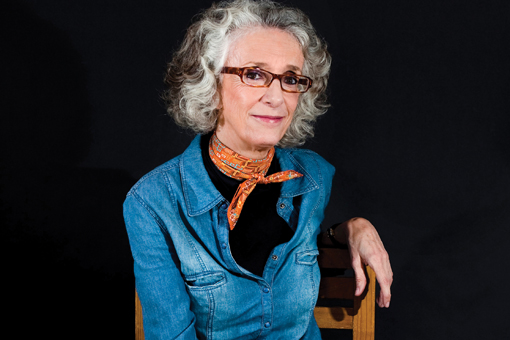This article is part of the Leaders of Social & Political Change series from the Fall 2012 issue of Americas Quarterly. View the full special section.
Illegal abortions cause thousands of deaths in Latin America. As shown by the United Nations Economic Commission for Latin America and the Caribbean (ECLAC), the vicious cycle of early motherhood, greater numbers of children, lack of education, and lack of job training create a structural disadvantage that reinforces poverty and inequality—not just for women, but for their countries.The ability to decide to continue or terminate a pregnancy is key to a woman’s ability to control her own destiny.
Since its creation, the Mexican feminist movement made the right to legal abortion one of its central goals. But it was not until 1991 that a group of feminists formed an organization specifically dedicated to this mission: the Grupo de Información en Reproducción Elegida (Information Group on Reproductive Choice— GIRE).
The Ford Foundation was one of the first organizations to support GIRE’s efforts to promote public debate and advocacy on reproductive rights, starting in 1992 when GIRE was legally established. Since then, the foundation has played a decisive role in GIRE’s process of gathering and disseminating information on abortion, providing almost $2 million in grants. The Ford Foundation’s support helped develop a model to train advocates that not only strengthened, but also expanded a vibrant network of activists, organizations and committed spokespeople.
Support from the Ford Foundation also allowed GIRE to professionalize its staff and strategies. Over the course of our institutional development, we learned about the importance of social capital, how to improve the technical capacity of our internal teams and how to promote our agenda through democratic institutions and the media. We also formed alliances with other organizations and reached out to intellectuals and public officials to promote broad popular support for our cause.
Little by little, local affiliated organizations began to achieve legal reforms that expanded women’s choice in Mexico, particularly in Mexico City. In 2000, the Mexico City legislature granted women the right to terminate a pregnancy when their health was endangered or in cases of serious fetal abnormalities. In 2003, GIRE helped press for a law in Mexico City that would give individual physicians the right to refuse to perform an abortion, but also ensured that public institutions protected the right of women to decide for themselves.
In addition, the law decriminalized abortions for rape victims and abortions to save a woman’s life. Finally, in 2007, Mexico City decriminalized all abortions performed in the first 12 weeks of pregnancy.
With our victory in Mexico City, GIRE is working to share its model for the democratic reform of reproductive rights with other Latin American countries, such as Argentina, Chile, Peru, Brazil, and several Central American countries. The Ford Foundation’s mission to advance women’s health and well-being through reproductive rights—and with other foundations that have been brave enough to embrace this cause—has brought hope to a region where lack of access and information causes the deaths of thousands of women.



